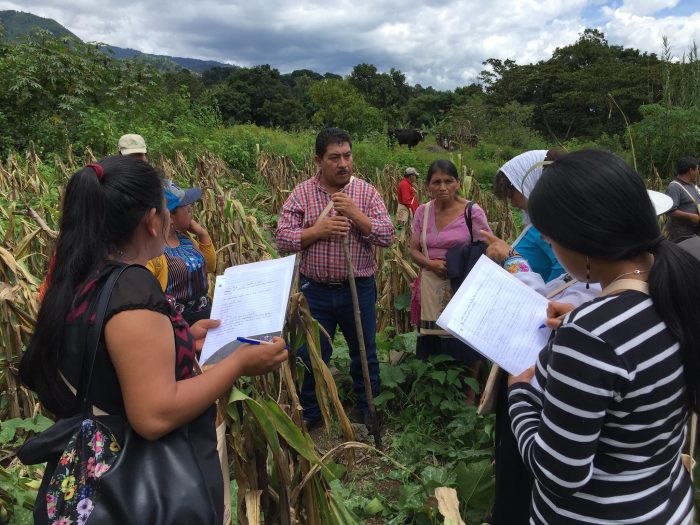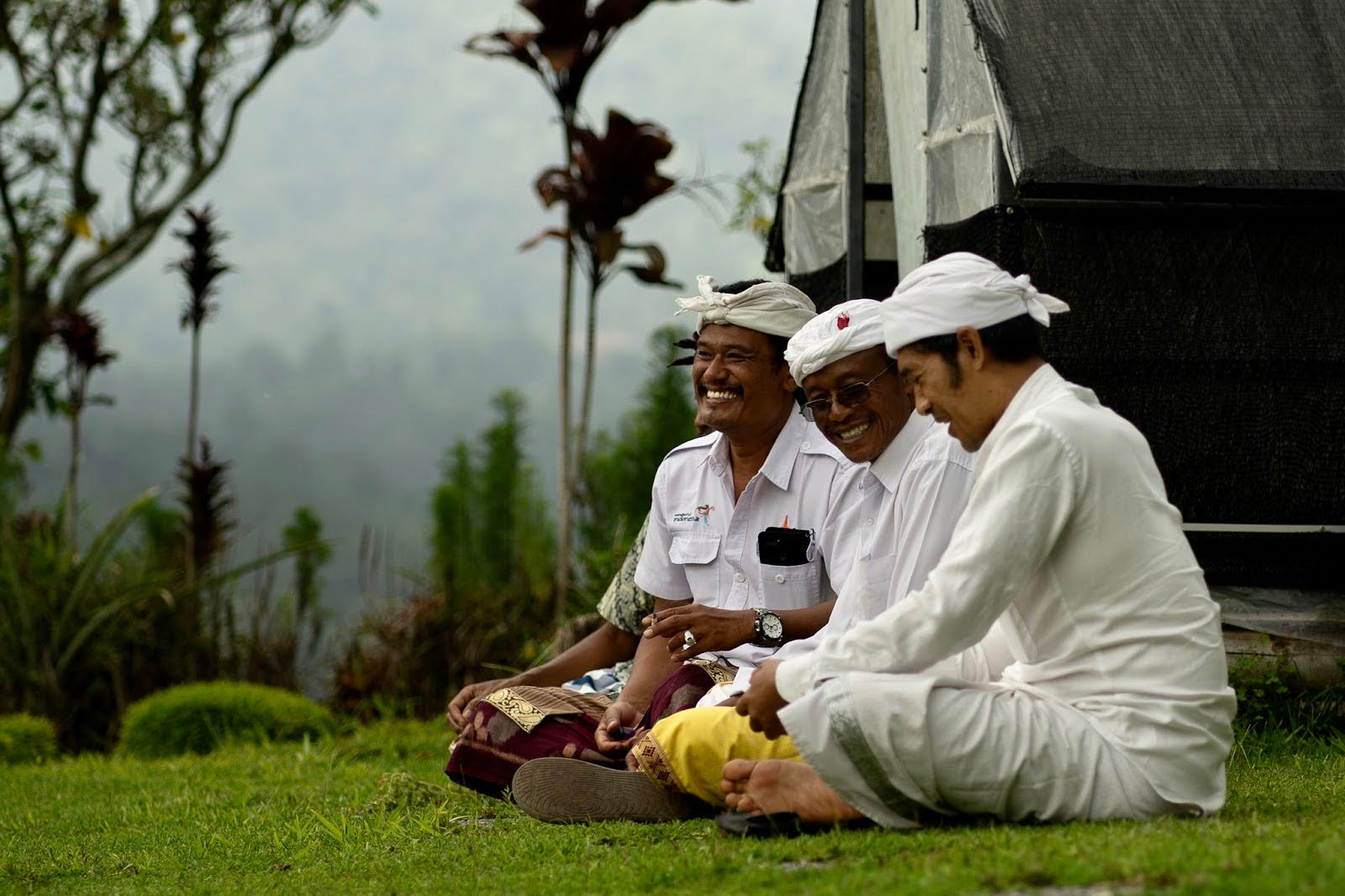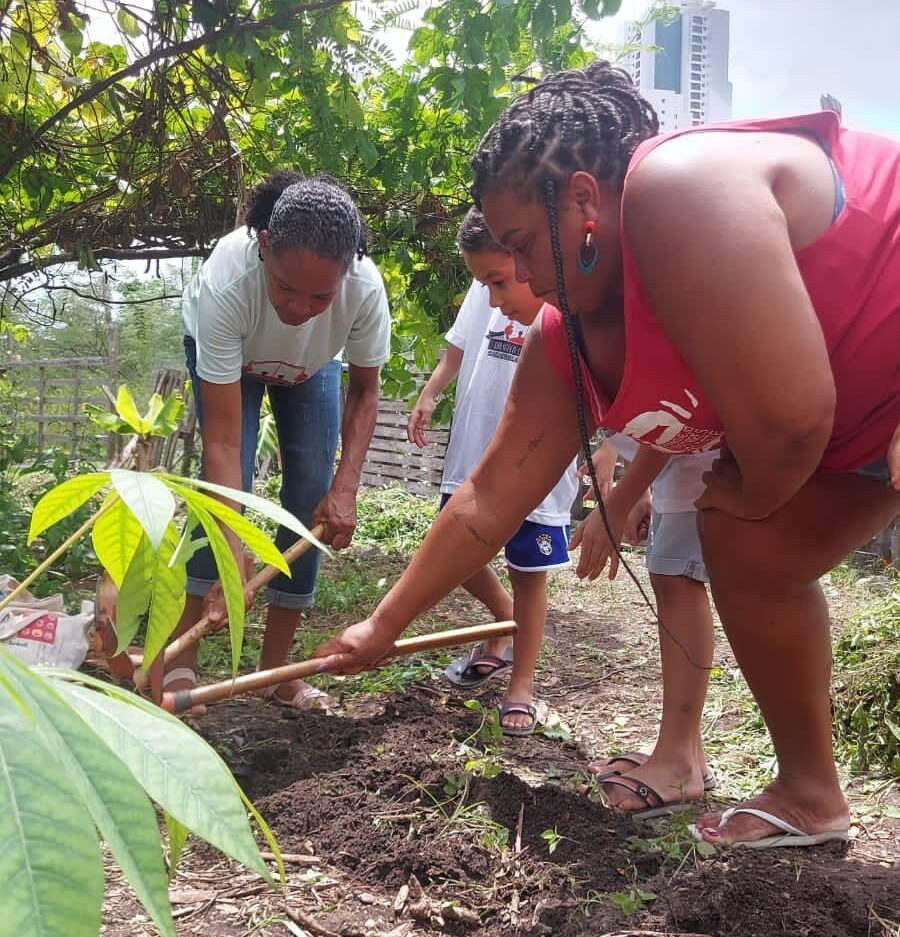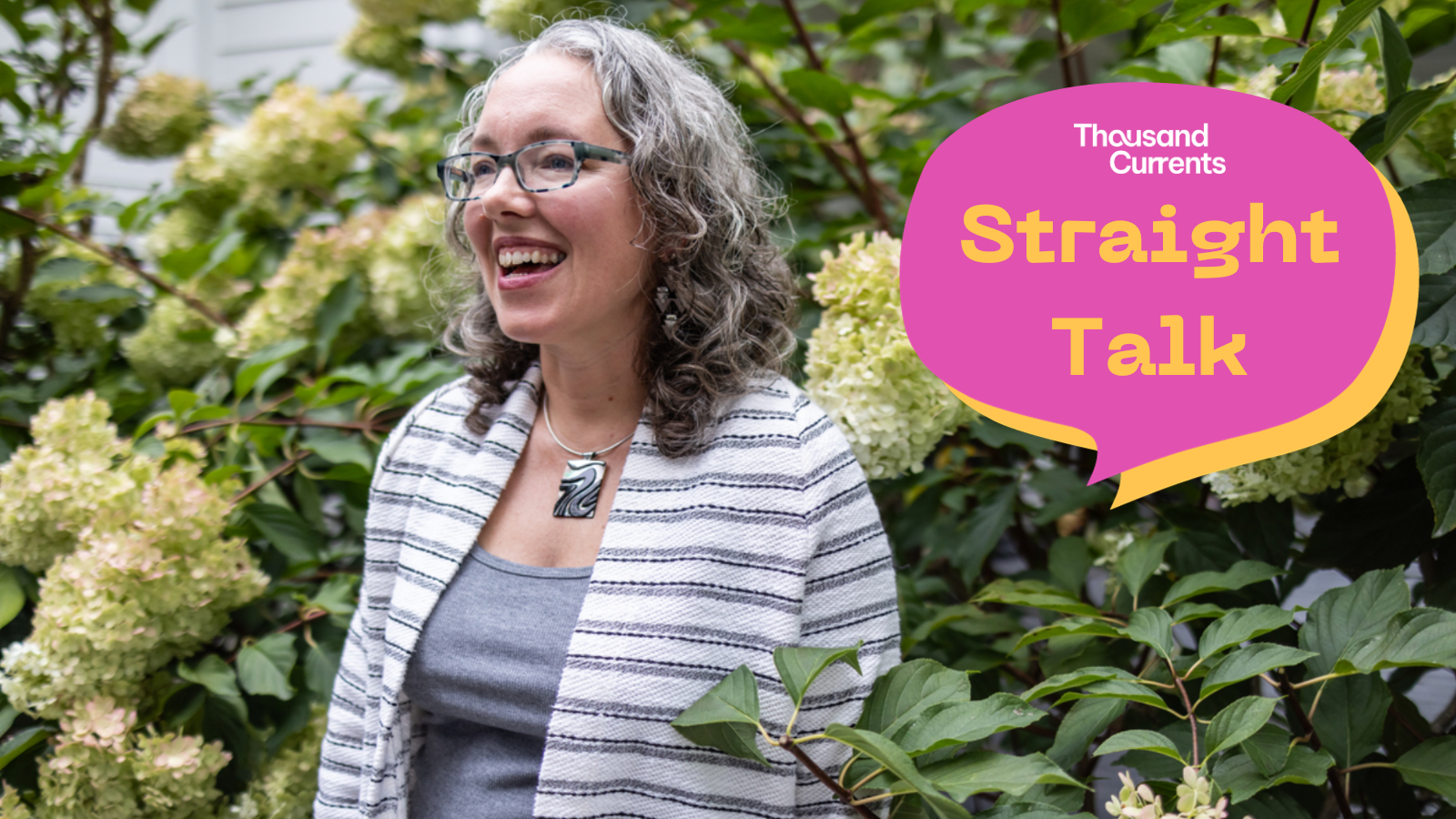What happens when the advised COVID-19 safety measures aren’t possible?

What we are learning from our grassroots partners in the Global South
For years, our grassroots partners have been resisting, reforming and challenging the current system, while building, defending and transforming pathways towards alternative futures. Futures where communities are living self-determined livelihoods based on dignity and human rights, centering our humanity and Mother Earth’s wellbeing. The core work that helps communities get closer to this global vision is community organizing and movement building.
As we face this pandemic, now, more than ever, we need to support and protect communities and movements who have built and organized strong networks. Much like the mutual aid networks forming and strengthening in the US, many of our grassroots partners have robust neighbor-to-neighbor or member-to-member networks. They are the first responders to the COVID-19 crisis in their communities and they are going above and beyond reaching places that NGOS and governments are not. It’s critical they receive support to meet their immediate needs.
How has COVID-19 impacted the Global South?
Government responses have varied from country to country. Many of the countries our partners are based across Africa, Asia and the Pacific, and Latin America are already living under national lockdowns and mandated curfews. Understanding the limits of their existing infrastructures and healthcare systems to respond effectively to a pandemic that is challenging more resourced countries, many leaders in the Global South have instituted immediate lockdowns as early preventative measures. In some cases, governments have relied on militaristic control to enforce communities to stay home. On the other hand, there are governments who are neglecting the severity of this pandemic and leaving preventative measures as suggestions only.
As much as we who live in the Global North appreciate the constant reminder to wash our hands and practice social distancing, these aren’t measures that are afforded to all in the Global South. Access to potable water can be very scarce and unreliable. Many community members, especially women, have had to walk long distances to reach these water sources. Regarding social distancing, community members who live in townships or in close quarters don’t have a choice to be six feet apart. Many still need to go to work, or to the market with the only option to travel by public transportation.
Even though countries in the Global South don’t currently have the high number of confirmed cases as in the Global North, the pandemic has already made significant impacts on our partners’ work.
What are the three immediate steps our partners are taking?
Our grassroots partners are responding to prepare themselves and communities to mitigate the impact of COVID-19 are:
- Activating community-based support systems. Our grassroots partners utilize community organizing to promote wellbeing, connection, and activism. These community-based support systems and networks are instrumental in times of crisis. For example, LILAK in the Philippines are connecting community leaders within their network to facilitate economic support and food access to Indigenous communities. Thanks to the strong relationships and trust with community members, our partners are learning directly about the realities being faced and their communities’ needs. Prioritizing connection with women is vital to better understanding the ways staying at home is reinforcing patriarchal culture in a limited contained space.
- Disseminating accurate and translated information to remote areas. To address the habitual lack of government response and accountability to ensure all communities have the accurate information in its appropriate language, our grassroots partners Surplus People Project, Abahlali baseMjondolo, and DIVA for Equality have stepped in to fill in this gap. This moment is no exception. Materials are being created and transported to areas where the government doesn’t usually reach.
- Supporting staff to work remotely from home. Our grassroots partners, such as HOMEF, Digo Bikas Institute, and AFEDES, are shifting to new practices using online platforms to continue to coordinate and be in touch with each other. Work plans are being reviewed and revised to adjust the new reality for the foreseeable future.
In this unprecedented moment, we are learning how interconnected and interdependent our global community is, and we are deepening our commitment. As our partners go above and beyond to respond and meet their communities needs, we are called to go above and beyond with them. Will you join us? You can share your support by donating to the Above & Beyond Solidarity Fund.
Related Stories



